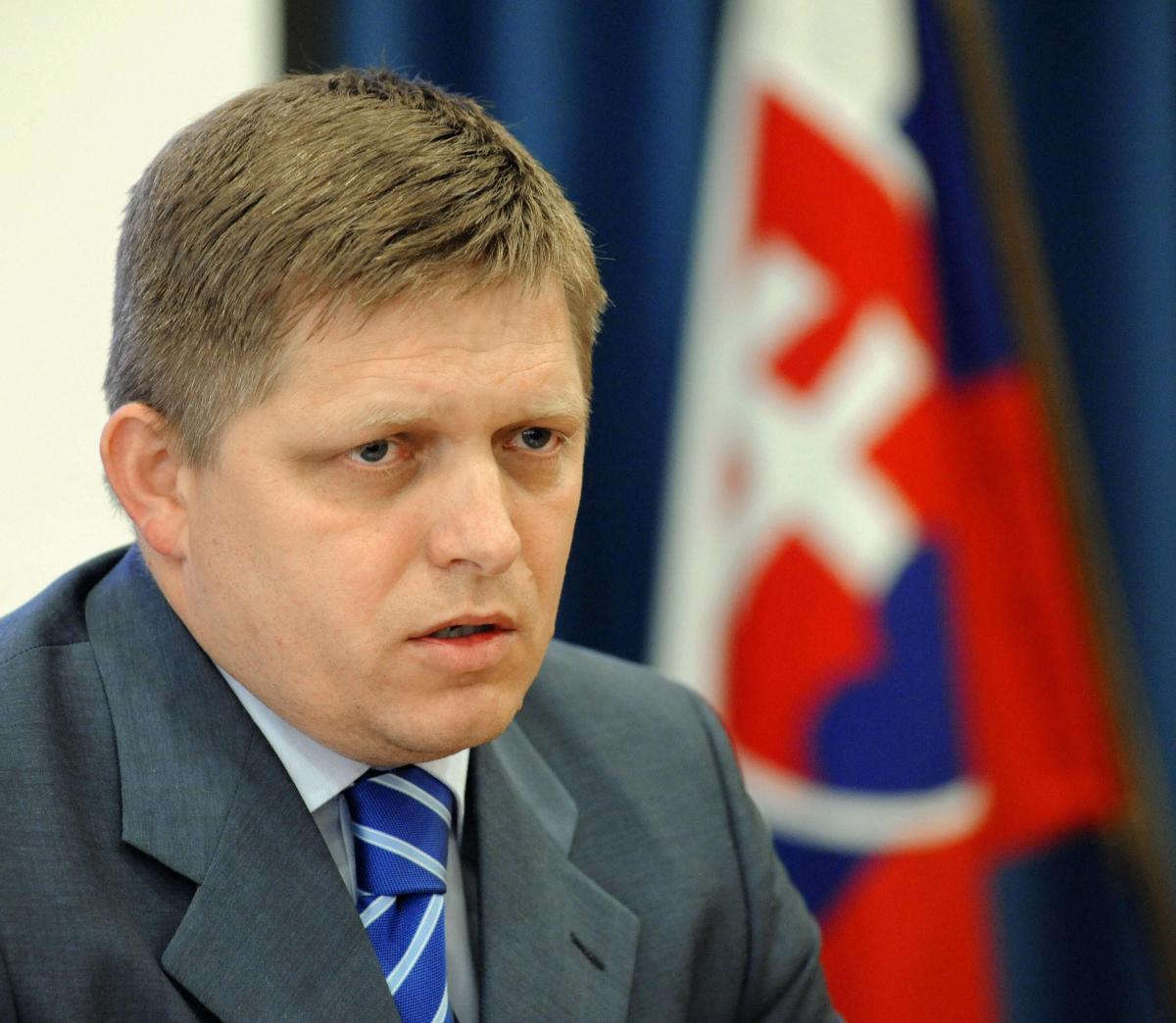Unveiling the Unexpected Alliance: Putin’s Strategic Partnership in Europe
As the geopolitical landscape in Europe continues to evolve, Russia’s President Vladimir Putin is actively seeking to fortify his country’s influence within the continent. This pursuit has led to the emergence of a surprising new ally that has taken center stage in what can be described as a strategic partnership. This unexpected alliance not only raises eyebrows but also prompts a re-evaluation of the future of European stability and power dynamics.
The Context of the Alliance
Understanding the backdrop against which this alliance is formed is crucial. Since the annexation of Crimea in 2014 and the subsequent sanctions imposed by Western nations, Russia has found itself increasingly isolated. In response, Putin has sought to create new partnerships that can help counterbalance Western influence. This context is essential to grasp the significance of the alliance that is taking shape.
Emergence of a Surprising Ally
At the heart of this unexpected alliance is an unlikely partner: Hungary. Under the leadership of Prime Minister Viktor Orbán, Hungary has adopted a more conciliatory stance towards Russia, diverging from the traditional EU approach. This partnership has been characterized by:
- Energy Cooperation: Hungary has been actively pursuing agreements with Russia regarding energy supplies, particularly in natural gas. The construction of the Paks II nuclear power plant, in collaboration with Russian firms, exemplifies this energy partnership.
- Political Support: Hungary has often sided with Russia in various EU discussions, including those regarding sanctions and foreign policy stances. This political alignment showcases a shift in the dynamics of power within Europe.
- Economic Ties: The two nations have strengthened their economic relationship through various bilateral agreements, which aim to bolster trade and investment.
The Implications of the Alliance
The implications of Putin’s strategic partnership with Hungary extend well beyond the bilateral relationship. Here are some critical factors to consider:
- Challenge to EU Unity: Hungary’s pivot towards Russia presents a challenge to the cohesion of the European Union. As member states grapple with differing perspectives on Russia, the solidarity that has characterized the EU in the face of Russian aggression may start to fray.
- Influence on Eastern Europe: Hungary’s alliance with Russia may embolden other Eastern European countries to reconsider their own stances towards Moscow, leading to a possible shift in regional alliances.
- Geopolitical Tensions: This partnership could exacerbate existing tensions between NATO and Russia, as member states may feel the need to reassess their security strategies in light of a growing Russian foothold in the region.
Energy Dependence and Security Concerns
One of the most pertinent aspects of Putin’s strategic partnership in Europe is energy dependence. Hungary’s reliance on Russian gas raises significant security concerns. As Europe seeks to transition to more sustainable energy sources, the reliance on Russian energy could be a double-edged sword.
While Hungary reaps the benefits of potentially lower energy prices in the short term, this dependence could place it in a vulnerable position should geopolitical tensions escalate. The need for energy diversification across Europe becomes even more pressing as this alliance solidifies.
The Role of the European Union
The European Union’s response to this emerging partnership will be pivotal. Already, there are discussions about how to confront Hungary’s diverging path. Potential measures include:
- Sanctions and Penalties: The EU may consider imposing penalties on Hungary for what is perceived as its betrayal of collective European interests.
- Increased Diplomatic Pressure: EU leaders could ramp up diplomatic efforts to persuade Hungary to align more closely with EU policies regarding Russia.
- Support for Opposition Groups: The EU might also choose to support opposition groups within Hungary that advocate for a return to a more Western-aligned foreign policy.
Future Prospects for European Stability
The future of European stability hinges on how this unexpected alliance evolves. Factors that will influence this trajectory include:
- Geopolitical Developments: Changes in global politics, such as U.S. foreign policy and relations with China, could impact the dynamics of European alliances and Russia’s strategy.
- Public Sentiment: The perception of Russian influence within Hungary and other EU member states will play a crucial role in shaping domestic policies.
- Economic Realities: The economic landscape, including the repercussions of sanctions and energy prices, will influence how countries interact with Russia.
Conclusion: A New Era of Alliances
In conclusion, the unexpected alliance emerging from Putin’s strategic partnership with Hungary signifies a shift in the European geopolitical landscape. As Russia seeks to strengthen its foothold in Europe, the implications of this partnership extend far beyond the bilateral relationship, challenging the very fabric of the European Union.
This new alliance raises critical questions about the future of European stability and power dynamics. Will the EU be able to maintain unity in the face of diverging interests? Can Hungary balance its energy needs with the risks of aligning too closely with Russia? As these questions linger, one thing is clear: the chess game of geopolitics is far from over. The pieces are moving, and the world is watching.
See more BBC Express News

